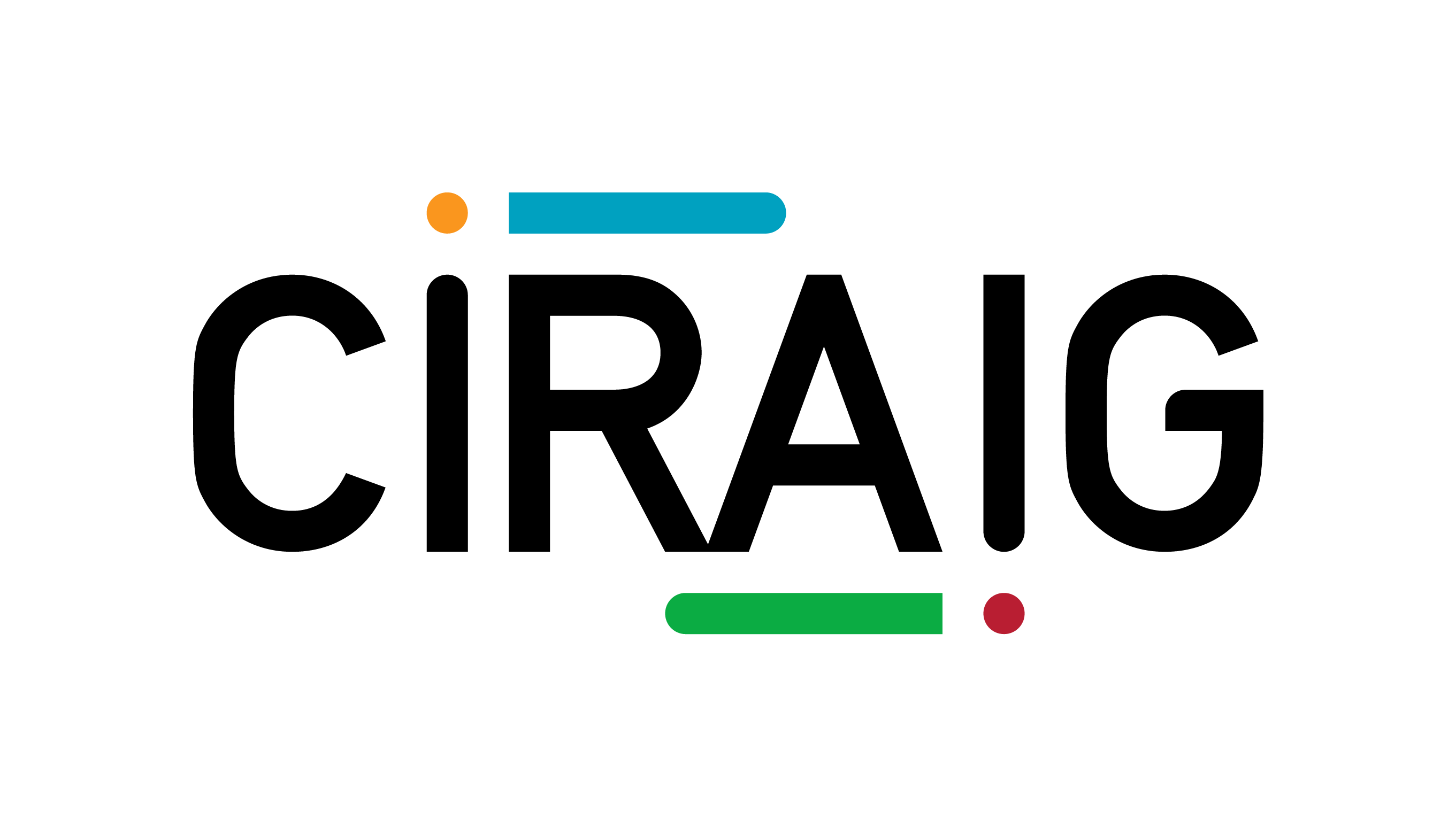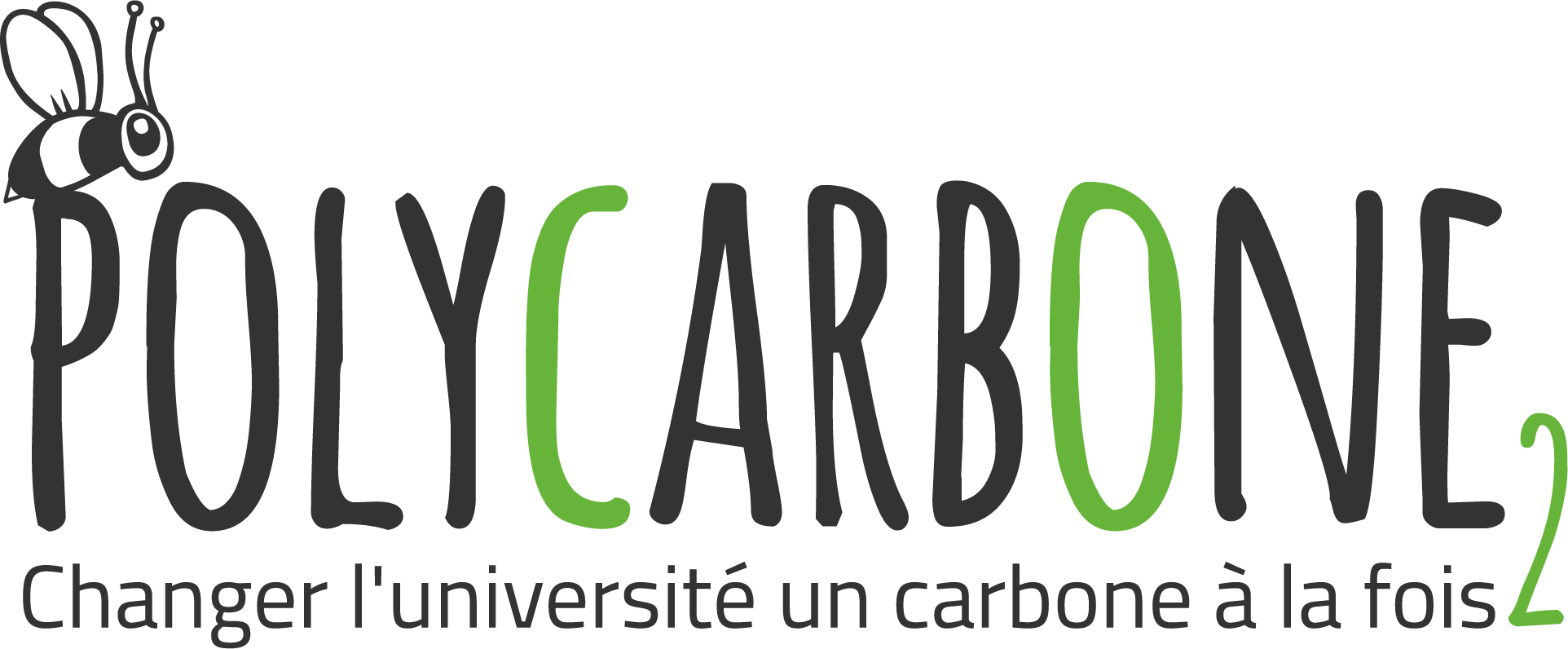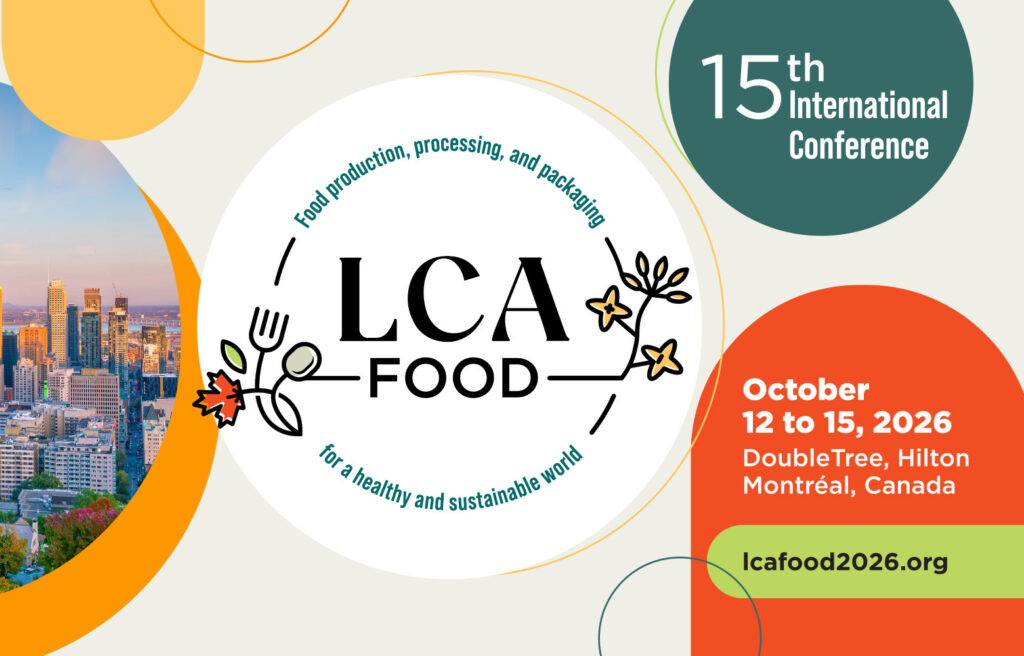Project
Carbon footprint display project for Polytechnique Montreal menus
Food choices have a significant climate impact, which can be unknown to the public. The CIRAIG, commissioned by Polytechnique Montréal, has been tasked with calculating the climate-warming impact of the menus offered by the cafeteria, aiming to enable students to understand the impact of their meals and change their eating habits to reduce it.

The CIRAIG quantified the carbon footprint of around forty meals offered by the Polytechnique Montréal cafeteria. The presentation of the results was carefully designed to raise awareness among customers about the impact of their food choices. Readily available in dining areas, The carbon footprints, calculated in kg equivalent CO2, are displayed as grades on a scale ranging from A* to F. Customers can also scan a QR code to obtain the contribution of each ingredient to the carbon footprint of their meal.The CIRAIG study emphasizes that ingredient production is the main contributor to the carbon footprint of meals. Other stages in the meal life cycle, such as packaging, transportation, or preparation (storage,cooking…), have a relatively small impact. The study’s findings remind us that meat and dairy products are significant CO2 emitters. The carbon footprint of cheese, among others, should not be overlooked. There is a significant difference in impact between vegetarian dishes with and without cheese. Vegetarian and vegan meals should be prioritized overall to limit climate impact.
In collaboration with
We use cookies on our website to give you the most relevant experience by remembering your preferences and repeat visits. By clicking “Accept”, you consent to the use of ALL the cookies.
Manage consent
Privacy Overview
This website uses cookies to improve your experience while you navigate through the website. Out of these, the cookies that are categorized as necessary are stored on your browser as they are essential for the working of basic functionalities of the website. We also use third-party cookies that help us analyze and understand how you use this website. These cookies will be stored in your browser only with your consent. You also have the option to opt-out of these cookies. But opting out of some of these cookies may affect your browsing experience.
Necessary cookies are absolutely essential for the website to function properly. This category only includes cookies that ensures basic functionalities and security features of the website. These cookies do not store any personal information.
Any cookies that may not be particularly necessary for the website to function and is used specifically to collect user personal data via analytics, ads, other embedded contents are termed as non-necessary cookies. It is mandatory to procure user consent prior to running these cookies on your website.
Your subscription could not be saved. Please try again.
Your subscription has been successful.






